Supporting Open Science with the Europlanet Research Infrastructure
- 1Europlanet 2024 Research Infrastructure (RI)
- 2Independent Research and Evaluation Consultant, UK
- 3University of Kent, Canterbury, UK
- 4Dill Faulkes Educational Trust Ltd, UK
The concept and methodology of a Research Infrastructure (RI) is largely unique to European science. The European Commission defines an RI as a facility that provides resources and services for a research community to conduct research and foster innovation in their field. As such, an RI offers many opportunities to support the Open Science goals of removing the barriers for sharing outputs, resources, methods or tools, at any stage of the research process.
Europlanet 2024 RI is the third in a series of projects to provide access to research facilities and field sites, virtual services, tools and networking activities in support of the planetary community. As a ‘distributed RI’, Europlanet coordinates access to a suite of facilities and services based in institutions and countries across Europe, Africa, Asia and South America. The knowledge creation carried out in the framework Europlanet’s RI is highly interdisciplinary, and involves over 50 directly-funded ‘beneficiary’ institutions and many thousands of individuals working in various sectors of research, industry, policy and communications, as well as volunteers contributing through amateur astronomy, citizen science or outreach.
The current Europlanet 2024 RI project is funded by a €10 million grant from the EC’s Horizon 2020 programme and runs from 1 February 2020 to 31 July 2024. At the halfway point (May 2022), we are starting to develop a more robust understanding of the project’s impacts, and how the example of Europlanet can be used as a case study for Open Science and the benefits of making facilities, tools, data and platforms accessible to the widest-possible user-base.
In February 2020, we put in place an evaluation framework through which we could examine the extent to which the project’s various activities reach their intended goals, and understand what causes barriers to their success. Our framework is aligned with the Organisation for Economic Co-operation and Development (OECD) strategic objectivesfor assessing research infrastructures, which include a range of core indicators for scientific, education, training and societal impacts.[i] The framework also incorporates categories of information requested by the European Commission’s reporting portal.[ii]
Together with the Europlanet 2024 RI activity leads, we identified metrics and indicators of impact, such as publications and conference presentations, new collaborations, numbers of users or participants in workshops and training sessions, and media coverage. We also defined the user groups that we wanted to engage, such as researchers, industry, policy makers, early careers and under-represented communities. Through the Europlanet website and online tools, we set up a series of forms and databases to track this information on a regular basis, and designed feedback surveys for users and visitors to facilities to provide input on their experiences. We have also conducted short interviews with some participants to gain more in-depth insights.
In this presentation, we will present initial findings from our evaluation of the Europlanet 2024 RI project to date, and discuss how we can capture the value of an RI for Open Science based on findings from our quantitative and qualitative data collection tools. We will review scientific productivity, considering new scientific activities or collaborations that would not have happened without Europlanet support, future collaborations planned, and publications and conference papers that have resulted from the project. We will also look at how wider society has been engaged with the project through social media, press coverage and educational resources linked to activities and emerging results. We will discuss how the pandemic has impacted activities and summarise lessons learned from the 2020-2021 experiences about the opportunities and challenges offered by operating in a purely virtual environment when engaging with Europlanet’s different target audiences.
We will also show how understanding the impact of activities can take many years to become evident, and how tracking KPIs of projects and making qualitative follow-ups (surveys, interviews) several years after the end of a funded activity is necessary to provide a full, contextual evaluation that can inform current and future programmes. As an example, we will discuss how the Europlanet Magazine, launched in 2021, has provided a useful tool in putting the tracked information into context and collating case studies of synergies between different activities in current and past Europlanet RI projects.
Overall, we will show how we are using results to help build an evidence-based case that demonstrates how public investment in planetary science can lead to diverse impacts that underpin society, and how a sustainable RI is an important Open Science tool for the planetary community to ensure accountability and value for money for the European taxpayer, even in challenging economic times.
[i] OECD (2019), "Reference framework for assessing the scientific and socio-economic impact of research infrastructures", OECD Science, Technology and Industry Policy Papers, No. 65, OECD Publishing, Paris, https://doi.org/10.1787/3ffee43b-en.
[ii] Horizon 2020 Periodic Report Template: https://bit.ly/3xjD9oo
How to cite: Heward, A. and DeWitt, J.: Supporting Open Science with the Europlanet Research Infrastructure, Europlanet Science Congress 2022, Granada, Spain, 18–23 Sep 2022, EPSC2022-614, https://doi.org/10.5194/epsc2022-614, 2022.

